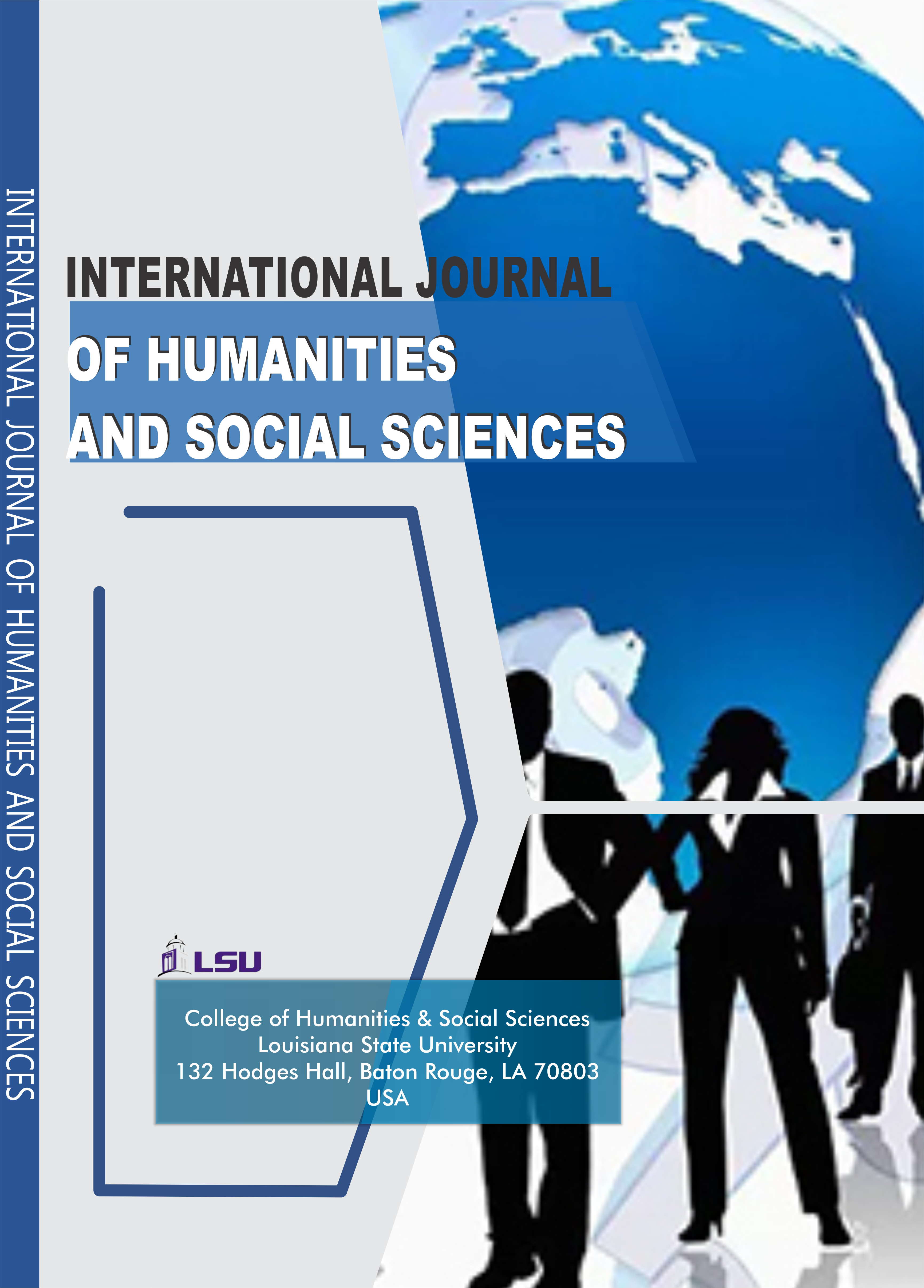INTERNATIONAL JOURNAL OF HUMANITIES AND SOCIAL SCIENCES (IJHSS)
Cyberculture in Higher Education: Narrowing the digital gap between Mark Prensky’s “Digital Natives” and “Digital Immigrants”
E-ISSN: 3435-6457
P-ISSN: 8654-3552
DOI: https://iigdpublishers.com/journals/214
The invention of the internet has totally transformed the way we used to experience the world around us. New forms of knowledge, thoughts, cultures, techniques and perceptions have emerged which are all mediated by the new digital technology or cyberculture. Our digital tools (computers, mobile phones, laptops…) are not only means of communication, but they embody a new set of technologies, practices and cultures experienced on cyberspace. In fact, cyberculture also refers to the way we manipulate and distribute information on cyberspace, trespassing geographical borders through “the electronic frontier”(Howard Rheingold,1993). In higher education the integration of digital technology has always drawn the interest of scholars and pedagogues who hold divergent perspectives about this heated issue. Mark Prensky’s seminal work on digital natives and digital immigrants highlights the digital gap between the new generations of students who are digital savvy and their teachers who are stuck to traditional methods of teaching and, therefore, are compelled to switch to the new technology, becoming, in this context, digital immigrants. The integration of ICT in higher education is sine qua non for efficient learning to respond to the needs and expectations of the “net-geners”.
Rini Setiawati & La Sunra
Bell, D. (2004). “Why Cyberculture?” Taylor & Francis Group.
Didenko et al. (2021). “Covid-19 Lockdown Challenges or New Era for Higher Education.” Educational practices and teacher training. Vol.9.
Gibson, W. Neuromancer (1989). Berkley Publishing Group.
Hurme, P. & Jouhki, J. (2017). “We shape our tools, and thereafter our tools shape us.” Research Gate.
Kellner, D. (1995). Media Culture: cultural studies, identity and politics between the modern and the postmodern. London: Routledge.
